Scientific Reports
-

Hawiger still blazing a trail in inflammation research
Vanderbilt research describes a new investigational peptide drug that can penetrate immune and nonimmune cells, and block inflammatory signaling in a preclinical model of atopic dermatitis — eczema. Read MoreNov 10, 2022
-

Rational vaccine design
Understanding immunity generated by smallpox vaccine may hold lessons for COVID-19 vaccine development. Read MoreSep 22, 2020
-

Probing innate immunity
Manuel Ascano team validates an inhibitor of the cGAS-STING signaling pathway, which is important for cellular innate immunity against bacteria, viruses, and our own damaged DNA. Read MoreMay 19, 2020
-

Loss of ‘Jedi’ alters neuron activity
This is not the Jedi you're thinking of. This Jedi is a receptor that helps clear away dead neurons during development, and its loss changes the activity of dorsal root ganglia neurons, which could have implications for treating chronic pain. Read MoreMar 10, 2020
-

Imaging nerve regeneration
Diffusion MRI may provide a noninvasive approach to assess nerve regeneration and distinguish successful from unsuccessful repairs earlier. Read MoreJan 28, 2020
-

NSAIDs, genetics and miscarriage
A certain genetic variant, in combination with the use of anti-inflammatory drugs like aspirin and ibuprofen during early pregnancy, may protect women from miscarriage. Read MoreSep 20, 2017
-

Acid reflux cancer link
Blocking acid reflux-induced production of reactive oxygen compounds may be a useful strategy for preventing DNA damage and decreasing the risk of esophageal cancer. Read MoreSep 14, 2017
-

Esophageal cancer complexities
New findings that reveal complex interactions in esophageal adenocarcinoma could lead to diagnostic, prognostic or therapeutic biomarkers. Read MoreMar 16, 2017
-
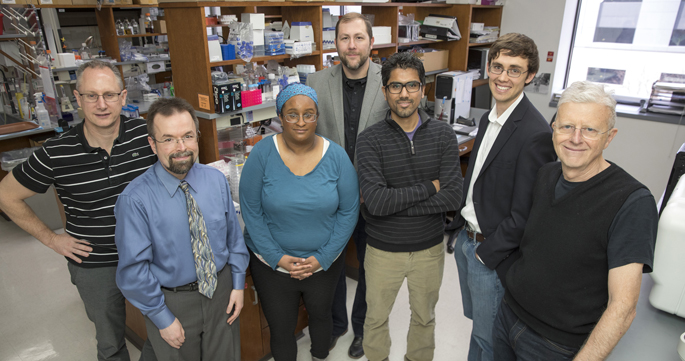
Melanoma study finds new way to enhance targeted therapies
With the help of a drug formerly used to treat HIV/AIDS, researchers at Vanderbilt University Medical Center (VUMC) have found a way to make melanoma cells more vulnerable to targeted anti-cancer therapy. Read MoreMar 9, 2017
-

Improving vaccine formulations
The compound MPLA is an attractive vaccine component, designed to elicit a robust immune response. Read MoreJan 20, 2017
-
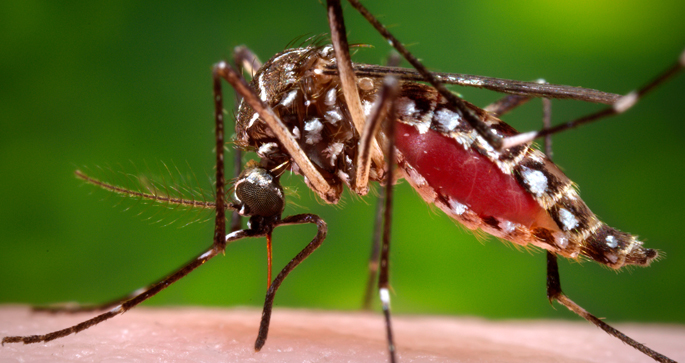
Investigators explore new way to control mosquitoes
In a new study, Vanderbilt pharmacologist Jerod Denton, Ph.D., Ohio State entomologist Peter Piermarini, Ph.D., and colleagues report an experimental molecule that inhibits kidney function in mosquitoes and thus might provide a new way to control the deadliest animal on Earth. Read MoreDec 1, 2016
-

Protein structure and epilepsy severity
Understanding how mutations affect the structure and function of inhibitory neurotransmitter receptors will shed light on the mechanisms underlying some types of epilepsy. Read MoreNov 10, 2016
-
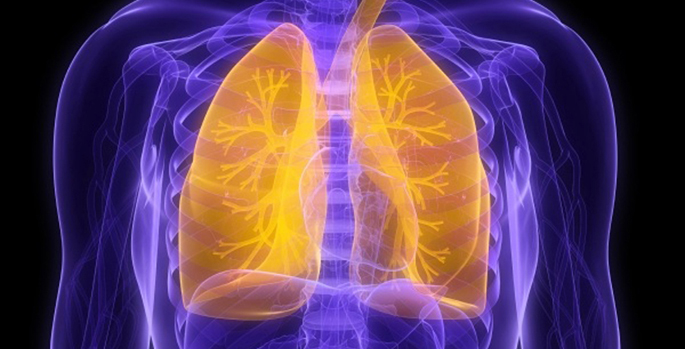
Pulmonary fibrosis culprits
New findings identify isoketal-modified proteins as a previously unrecognized feature of pulmonary fibrosis and as a potential therapeutic target for this disease. Read MoreJun 6, 2016
-

New targets for diabetic retinopathy
Certain protein factors have been identified as attractive targets for treating diabetic retinopathy, a major cause of blindness in adults. Read MoreJan 21, 2016
-
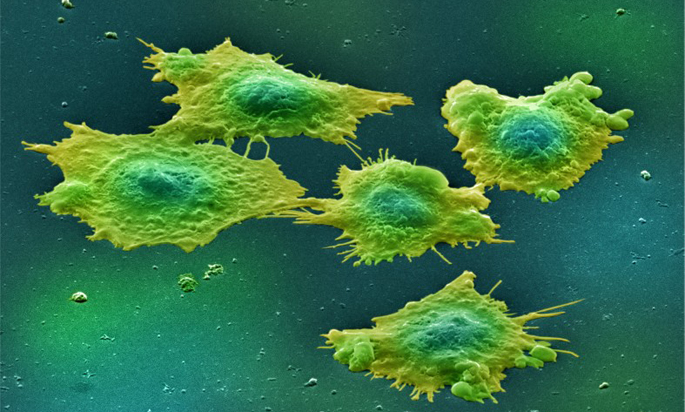
‘Stretched’ cells promote cancer
Mechanical stress appears to be a critical factor in activating normal tissue-associated fibroblasts to generate cancer-associated fibroblasts. Read MoreFeb 19, 2015
-
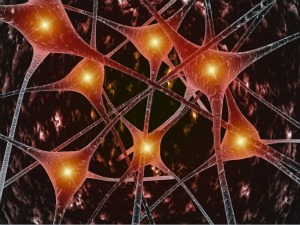
New tools to probe manganese biology
Vanderbilt researchers have developed tools to probe the role of the essential metal manganese in neurons, and which offer a started point for developing therapeutic agents for manganese-related neurological disorders. Read MoreNov 26, 2014